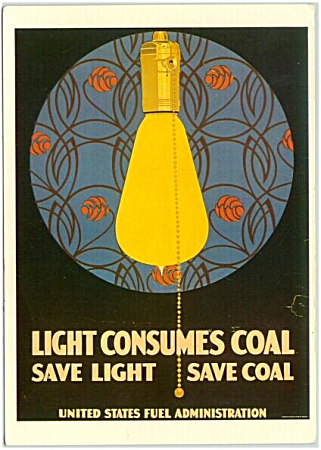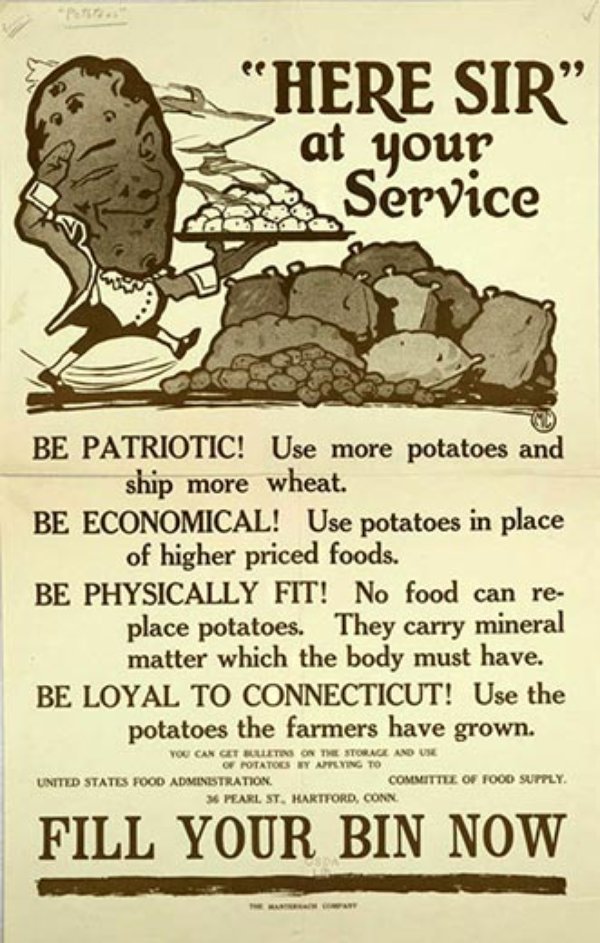WWI: Patriotic spirit or youthful enthusiasm, January 1918

By Sandy Vasko
War is not an old man’s game. It requires physical fitness and mental sharpness. It is the young
who best fit the criteria. But how do the old men convince the young to put their lives on the line? Is it by rousing their patriotic spirit, or giving an outlet to their youthful enthusiasm? The question arose 106 years ago.
The story concerns a young Elwood man, or rather his death. We read on January 11, 1918, in the Wilmington Advocate: “Word was received in Joliet Tuesday of the death of Christy E. Douglas somewhere in France of appendicitis.
“Christy was well known in this city. He was the only son of Fred Douglas and grandson of William Douglas of Joliet. He was born in Elwood, Ill., on March 17, 1900, being a little less than 18 years of age at the time of his death. He enlisted in the services of his country early in May, leaving May 7, for the aviation training camp.
“At the conclusion of his training he sailed for France on Dec. 6, according to a letter received shortly after that time by his father. He is survived by his parents, one sister and his grandfather, William Douglas.
“Many men of military age in Will County and elsewhere have tried in every conceivable way to evade military service, but this young patriot in his eagerness to fight to the death for his country caused him to add nearly a year to his to allow him to enlist in the service.”
The Joliet Herald says: “While the government does not encourage this kind of camouflage regard to age, there is a difference as great as between day and night when compared with the ignoble subterfuges and traitorous deceptions which the exemption boards are contending with continually. The nation and the church will gladly forgive the one, even commending the spirit that prompted it, but for the other nothing is in store but lasting scorn and contempt.
“He was in 38th Aero squadron until November when it was announced that the 16th Aero squadron was to sail for France and volunteers were called for to fill up this squadron to war strength.
“True to the spirit which prompted his enlistment he was among the first to volunteer, and after spending more than a month at Garden City, Long Island, in special training, sailed for France Dec. 6, while the greater portion of his former squadron remained in America.
“Douglas was prominent in athletics while in Joliet, playing basketball with the Steel Works club and also gaining a reputation as a wrestler. He was 5 feet 7 inches in height and weighed 162 pounds. He was a general favorite at the Joliet township High School and in the Eastern Avenue Baptist church, of which he was a member.”
Douglas wasn’t the only one from this area who enlisted early. Henry Weidling did as well. Many of these early enlistees went into aviation. Up until now, flying an airplane was only for the rich. Thanks to the war, anyone could learn to fly. We know that John Martin was in the Aviation Corps as was Dewey Beglar.
At home, new ways to make life more bearable for the soldier were being worked on. We read, “A meeting in the interest of the Knights of Columbus Army and Navy War Fund will be held in the City Hall on Sunday, Jan. 20. All citizens of the towns of Wilmington and Wesley regardless of race or creed are invited to attend the meeting to aid this organization in it magnificent and splendid work in the construction and maintenance of recreation centers in the various war camps of America and those abroad.”
These organizations served two purposes. The first is to help the soldier, but the second is to keep up the morale. Shortages were starting to be felt.
Shortages in food meant a change in diet, we read in the third week of January, “Now we are to have a potato day once a week. Not to conserve on spuds but to eat more of them to save on other foods. Prices are to be sent down, and there will be special sales on the tubers — $1.50 to $1.70 per bushel.”
And as the winds of winter bore down another scarcity reared its head – coal. It seems strange that this area had a lack of coal, being that Braidwood had produced tons of it. But those mines had shut down, and what coal was being mined was going to run the machinery that made the tanks, ships and weapons and to fuel the ships that were carrying the doughboys to the front.
The result was first felt in the cities, we read on January 25, 1918, “On account of the scarcity of coal the public and parochial schools of Joliet have been closed until Feb. 4.”
The same thing would happen to Wilmington schools a month later. But the patriotic spirit still burned warm, and the war was just starting.
Sandy Vasko is Director of the Will County Historical Museum & Research Center and President of the Will County Historical Society.

